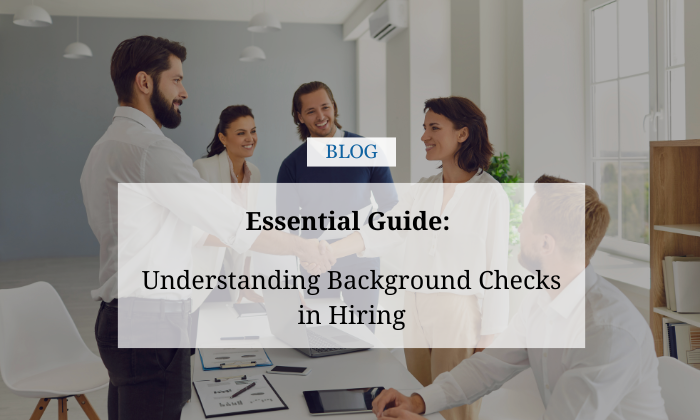Employers who use background screening in their hiring processes are likely aware of the various requirements under the Fair Credit Reporting Act (FCRA) and analogous state statutes. They must provide clear disclosures and get authorization from employees and job candidates before they obtain any third-party consumer reports on the individuals. While these laws typically aim to protect the rights of employees, an open question remains whether employers should extend the precautions to non-employees they engage for services, such as independent contractors, volunteers, and board members. With the unsettled law and ever-present rise of independent contractors in the workforce, employers in California must consider applying their disclosure practices uniformly to all such individuals.
In the U.S., the Fair Credit Reporting Act (FCRA) regulates the use of background checks. The FCRA includes “employment purposes” as a valid reason for obtaining and using a consumer report on an individual. The Federal Trade Commission (FTC) enforces and interprets the FCRA. FTC states that employers must interpret the phrase “employment purposes” broadly, and it should include independent contractors. Your organization should also consider state and federal equal employment opportunity laws when running background checks on contract workers. Employers should follow these regulations when it comes to government contract requirements, client agreements, and common industry practices.
The Equal Employment Opportunity Commission also provides guidelines for organizations planning to conduct background checks on contractors. To follow these guidelines, your background checks must be specific to the job, consistently applied, and necessary to the business.
As a basic rule, employers may conduct background screenings on any individual performing work at their work sites. This includes all full-time employees and contingent workers. Many organizations conduct background checks on all types of workers to mitigate potential risks and liabilities. Local, state and federal laws need some employers to conduct these checks, depending on industry and staff served.
Program for Contract Background Checks
Ensure Regularity:
Most employers operate under the false assumption that, because their contractors are already subject to background checks by their sponsoring associations, they are protected. However, your definition of a background check and their definition might vary broadly. For few companies, a background check consists of a reference check or a cursory database inquiry. Employers should set the same standard for contract workers as they handle direct employees, and that standard should incorporate a comprehensive background check.
Program Management:
If an employer has several independent contracts, you will need someone to manage when and how often these background checks will take place. If you are working with a staffing company, determine who will manage the background checking, either you or the company.
Protect Brand Reputation:
Your customers do not make distinctions between your employees and your contingent workers. When a contractor comes to pick up a delivery, install an appliance, or measure for new metrics, that person represents your brand. If the contractor causes harm to your customers or their property, you can forecast your company will be the first to get that worse call. Protect your brand by ensuring that all workers undergo a comprehensive background check.
Workplace Safety:
Failure to screen the entire workforce, including contract workers, open employers and their employees to physical, financial, and other workplace risks. These risks will come in the form of theft, property damage, workplace violence, and more. Implementing background checks, in compliance with FCRA, significantly reduces those risks, contributing to workplace safety.
Avoid Legal Claims:
For the same reason, a disgruntled customer will place blame with your organization, even if the problem originated with a contract worker – they may pursue litigation against you and the contractor. The very definition of “independent contractor” is evolving. The California Supreme Court recently ruled the gig workers (e.g., ride-share drivers) are bona fide employees. For this reason, you will be well-served to both traditional employees and contractors.
Determine Pass or Fail Metrics:
Determine which sort of results you will accept and reject for contractors working with your business. Then put everything in writing like a norm.
Type of Background Check:
Decide which type of verification checks are a fit for each position within your company, if one position deals with sensitive information and another does not, these roles may require different background checks or you could choose to perform the same background screening for everyone in your company. This streamlines security across the board.
Right Background Check Technology:
Doing background check in-house takes time away from other business–building activities and can be confusing from a compliance perspective. Choose a background screening service that offers solutions that fit your needs, including checks for contractors.
Make a note that independent contractors should sign specific release forms before they undergo background checks. Besides, if you are not availing of the contractor’s services because of the outcome of the background screening, employers must follow all the stated provisions and notifications outlined under the FCRA.
Conclusion:
Government regulations are gloomy around performing background checks for contractors, so be sure to build a partnership with a trustworthy background screening provider, who can offer great customer service and customized services to your company’s unique needs. This is the best way to make sure you are compliant and protecting your organization from potential hiring risks.
For more information please contact 855-955-4777 or visit www.securecheck360.com or mail us on [email protected]







